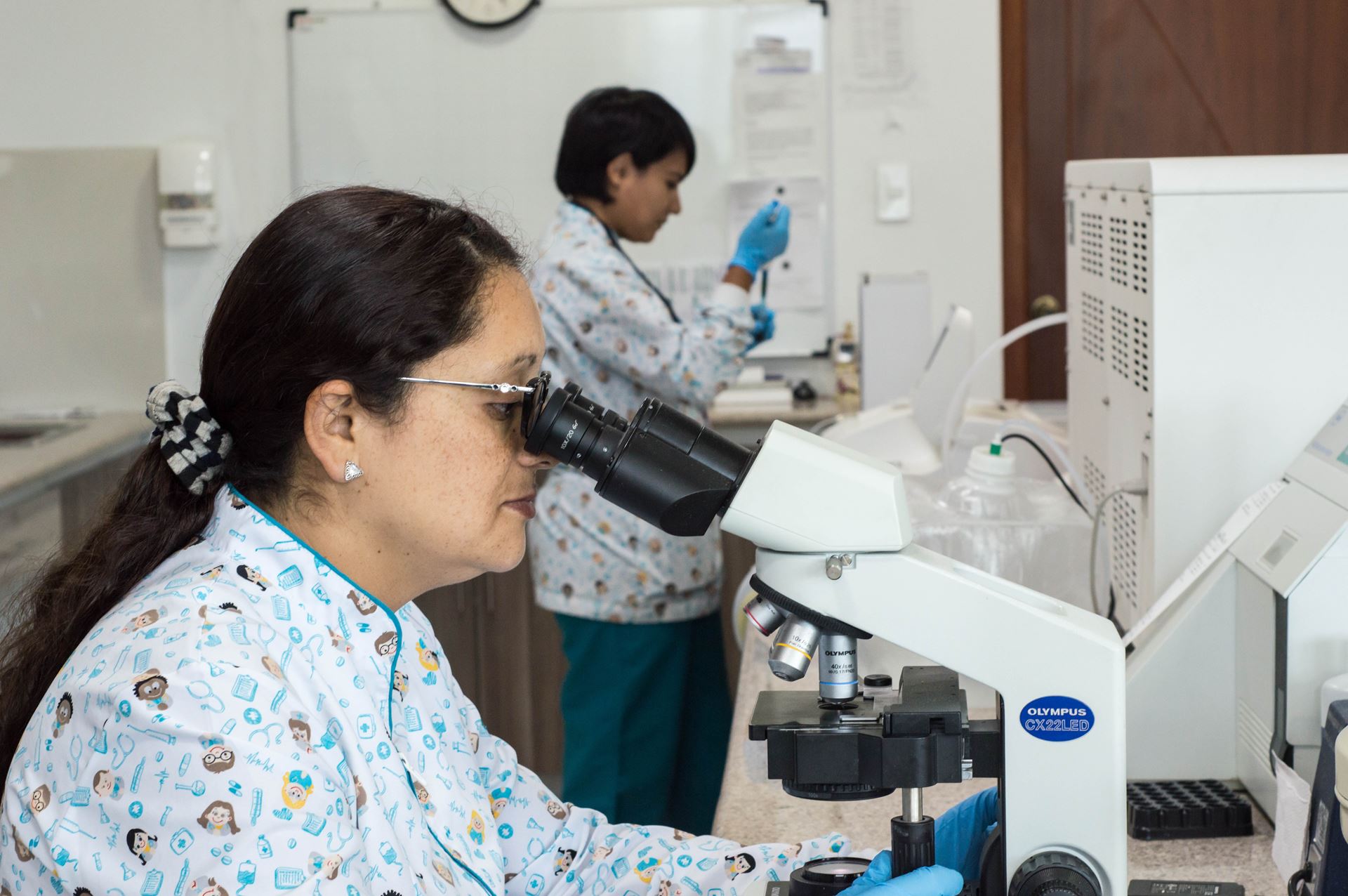Tests & Results
We carry out or arrange blood tests, urine tests, X-rays, UltraSounds and other tests and are able to discuss the results with you and take further action as necessary.
Urine Testing
If you suspect you have a urine infection you can drop a sample in to the surgery and complete a short questionnaire regarding your symptoms at the front desk and one of our nurses/HCAs will test it during the day and if a prescription is required a GP will do this for you for collection later in the day. For the sample to be processed correctly you MUST complete the questionnaire and ensure you have put your name and date of birth on the sample.
Urine testing hours are: Monday - Thursday 08:00 – 15:00 and Friday 08:00 – 12:00. However urine for Micro albumin can be dropped in any time up to 12:00 on a Friday.

Blood Tests
A blood test is when a sample of blood is taken for testing in a laboratory. Blood tests have a wide range of uses and are one of the most common types of medical test. For example, a blood test can be used to:
- assess your general state of health
- confirm the presence of a bacterial or viral infection
- see how well certain organs, such as the liver and kidneys, are functioning
A blood test usually involves the phlebotomist taking a blood sample from a blood vessel in your arm and the usual place for a sample is the inside of the elbow or wrist, where the veins are relatively close to the surface. Blood samples from children are most commonly taken from the back of the hand. The childs hand will be anaesthetised (numbed) with a special cream before the sample is taken.
You can find out more about blood tests, their purpose and the way they are performed on the NHS Choices website.
X-Rays
An X-ray is a widely used diagnostic test to examine the inside of the body. X-rays are a very effective way of detecting problems with bones, such as fractures. They can also often identify problems with soft tissue, such as pneumonia or breast cancer.
If you have an X-ray, you will be asked to lie on a table or stand against a surface so that the part of your body being X-rayed is between the X-ray tube and the photographic plate.
An X-ray is usually carried out by a radiographer, a healthcare professional who specialises in using imaging technology, such as X-rays and ultrasound scanners.
You can find out more about x-ray tests, how they are performed, their function and the risks by visiting the NHS Choices website.
